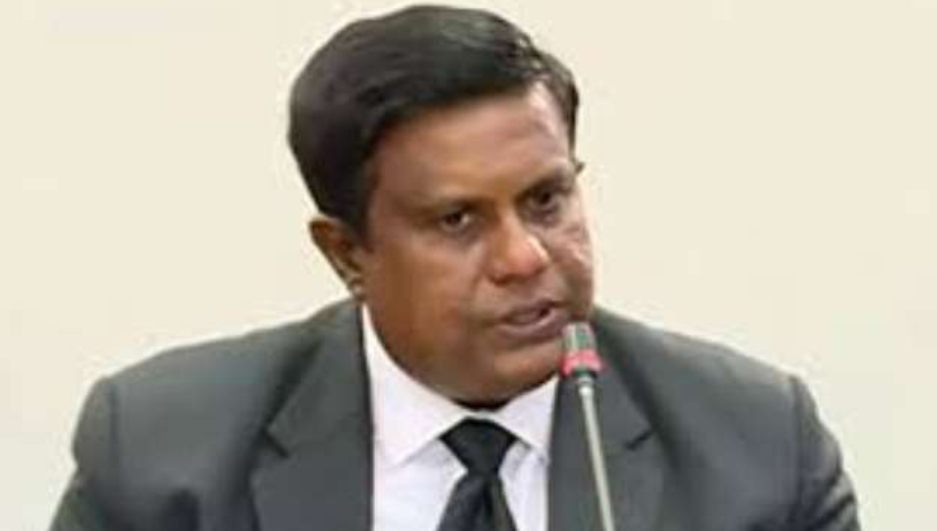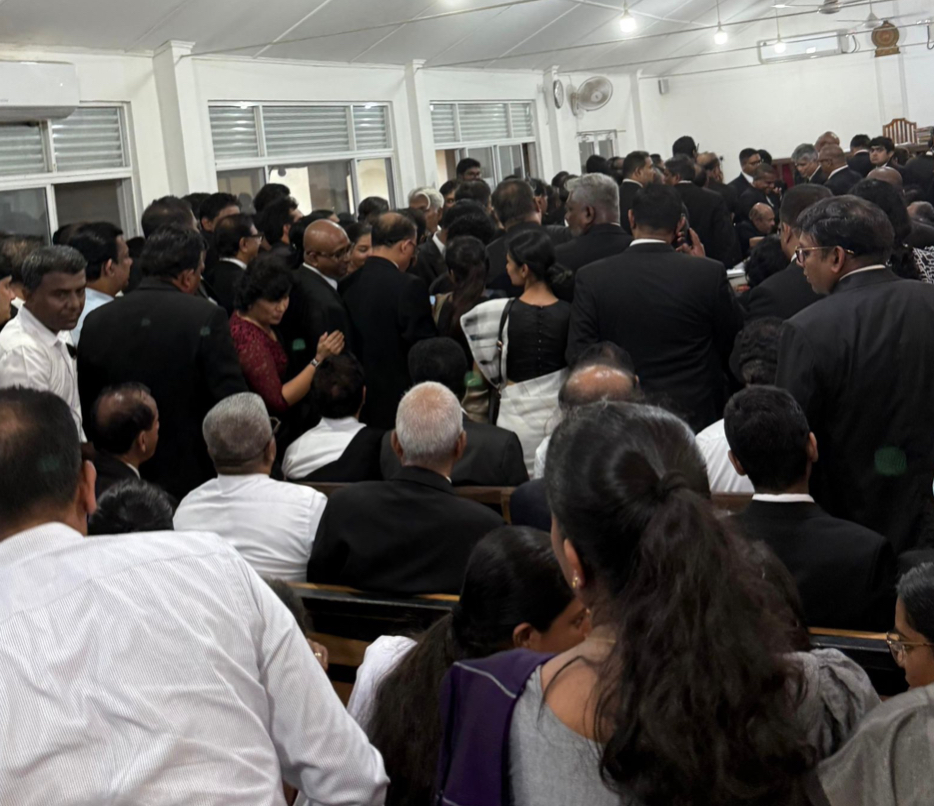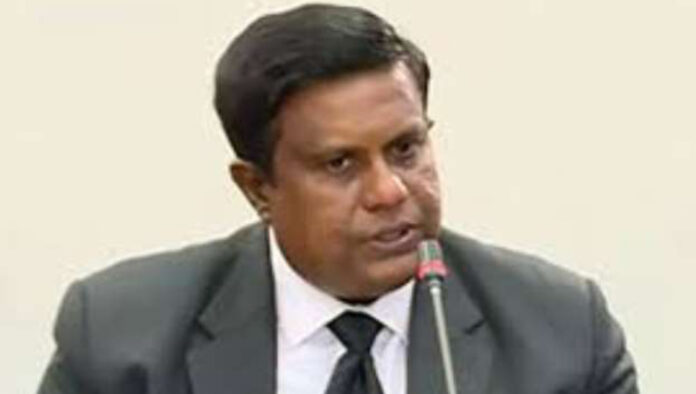By Adolf
In August 2025, Sri Lanka made inglorious history when former President Ranil Wickremesinghe was arrested for allegedly misusing roughly Rs. 16.9 million (around US $50,000) of state funds for his official security detail. The expenditure was linked to a London trip in September 2023, where Wickremesinghe attended a ceremony connected to his wife’s doctorate at the University of Wolverhampton—an event with no scheduled government meetings.

The case took a bizarre turn in court. Additional Solicitor General Deelipa Peiris, leading the prosecution, drew criticism for his shaky command of facts and relentless opposition to bail. At one stage, he was sharply told to remain silent by former Attorney General Thilak Marapana. Observers alleged that Peiris appeared more focused on positioning himself for promotion than on presenting a credible case. Wickremesinghe’s lawyers are ne planning a law suit against Delipa for damages .
Authorities claim Wickremesinghe had appended the London stopover to an official diplomatic tour covering Cuba and the U.S., thereby violating the Public Property Act. Under the law, misuse of public funds beyond a set threshold can trigger arrest. Prosecutors alleged that records were manipulated to make the trip appear fully official. Yet notably, no such charge was highlighted in the Auditor General’s report. Adding to suspicion, a journalist close to the current President and Prime Minister had predicted Wickremesinghe’s arrest two days in advance—fueling speculation about political orchestration.
A Landmark in Sri Lankan Politics
The arrest was unprecedented. For the first time in the island’s post-independence history, a former head of state was detained on criminal charges. Wickremesinghe was remanded until August 26, later hospitalized, and eventually granted bail—cementing this as a watershed moment.
His legal team maintained that the visit was formally sanctioned, stressing that his wife bore her own expenses. Supporters and opposition figures alike denounced the arrest as politically motivated. The government, however, justified it as part of a broader anti-corruption drive.
Political and Institutional Implications
Critics warn that the case risks pushing Sri Lanka down a dangerous path where the line between justice and retribution is blurred. Indian MP Shashi Tharoor cautioned against such “vendetta politics,” reminding Colombo that accountability must not become selective persecution.
Contrary to the oversimplified claim that Wickremesinghe was jailed merely for spending US $50,000 on bodyguards, the matter is more complex. The funds covered the costs of security and related arrangements during the London stopover. Still, the episode reflects both the pathetic state of governance and a troubling inability to distinguish between genuine corruption and procedural lapses.
Ultimately, the spectacle has reduced Sri Lanka to a subject of international ridicule—a country that jailed a former president over a $50,000 security bill, while far larger scandals remain untouched and travel excesses of the current and former presidents . It reveals a government either blind to context or willfully weaponizing the law, or total incompetence at the cost of the nation’s dignity.

